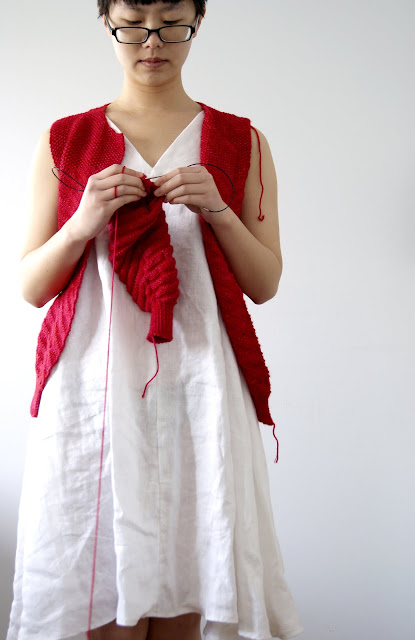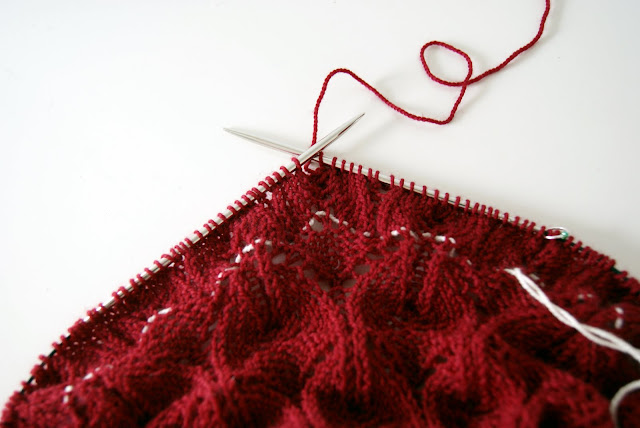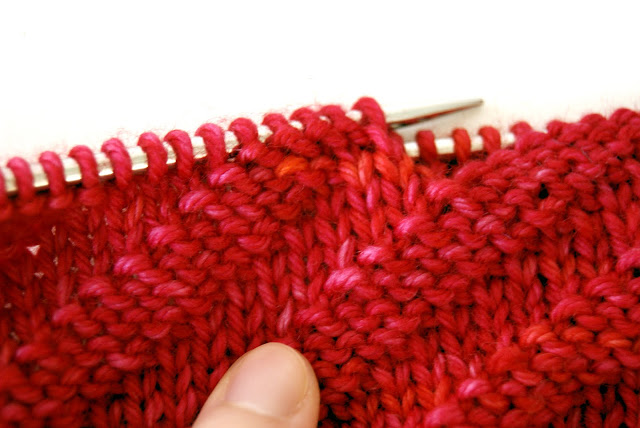*Note on WorldCat: I do not see the public libraries closest to me even though I got most of these books from those libraries (I can only assume the system is not connected to WorldCat), so before going to purchase the books (which, feel free - I will enable whatever book-purchasing endeavours anyone might be entertaining), search it up on your local library catalogue. Libraries - both public & academic - are a great resource that I cannot recommend enough! All the luckier are you who have access to academic libraries (and access also to academic journal directories/search engines)!
*ETA: Also watched Mustang & Richard II from the Hollow Crown Series (borrowed also from my public library).
*ETA also: forgot about Zoobiquity by Barbara Horowitz (Amazon | WorldCat). I believe this was the first book of the year I read. I gave it a 3/5, but only because I can't give half stars on Goodreads, else it would be 3.5. Interesting, and I think it set me up for reading Your Inner Fish, in a sense.
- Old Possum's Book of Practical Cats by T.S.Eliot (Amazon | WorldCat)
- Delightful, as expected! The cover told me that much, and T.S.Eliot, of course. I was very tempted while reading to make a children's program with these little poems as the reading material, until I ran into terms like Chink, which quickly made me rethink that plan (not that I have any semblance of control over the programs anyway). It was published 1939, so I suppose it wasn't much of an issue then. Or so I hope, really.
- Snobbery by Joseph Epstein (Amazon | WorldCat)
- This was actually Plan B for me. I couldn't find another book (called Snobs) in the catalogue of my public library, so I settled for Snobbery, and thoroughly enjoyed the experience. It was very entertaining, and the style of writing was very engaging. I wonder if it's possible, really, to not be a snob at all (and not be a snob in the sense of snobbishly avoiding snobbishness), even if one were not to be given money, a good upbringing, etc. that Epstein notes. This is the sort of book I might purchase if I ran into it in a second-hand book store.
- Men Explain Things to Me by Rebecca Solnit (Amazon | WorldCat)
- Perhaps I had too high hopes for this, but I was left a little wanting when I had finished reading this collection of essays. I agree with what Solnit has to say, and it brought up issues I hadn't even thought to question before (e.g. notices telling female students to be careful & not wander campuses late at night, but not telling males to stay indoors, and how that in itself is problematic), but overall, it was not as revelatory as I wanted it to be. It's a good book, but my expectations made it into an ok read.
- Don't Get Too Comfortable by David Rakoff (Amazon | WorldCat)
- While I found it an enjoyable enough read, sometimes I couldn't help but feel like the tone of writing was a bit too self-conscious at times. In a way that made it seem as though it wasn't quite on purpose, but kind of was, and tried a little too hard? And as a collection, I personally didn't follow from one essay to another as well as maybe I expected to.
- The Opposite of Loneliness by Marina Keegan (Amazon | WorldCat)
- Relateable, but not life-changing for me. (I'm getting this feeling my expectations are set way too high.) I did enjoy Keegan's style of writing very much, especially in her fiction pieces. At first I wasn't sure whether I was reading fiction or non-fiction even though the section had a page that introduced all the fiction with a "Fiction" page, and tried to integrate all these names and lovers and information into one universe, which didn't quite work. Until I reached the non-fiction section and realized why it didn't work. Oops.
- The Paradox of Choice: Why More is Less by Barry Schwartz (Amazon | WorldCat)
- You know when you read something like The Art of War and everything seems so obvious you're wondering why anyone felt the need to write it down? This was kind of like that for me, except I valued reading The Art of War more (and would do so again). It was everything I expected it to be, covering the topics I expected it to cover, and providing the sort of suggestions I expected it to cover. Looking at the call number, it was also the first self-help book I've read (that I know of).
- Your Inner Fish by Neil Shubin (Amazon | WorldCat)
- I read it in a day. Well-written, punny section titles, and easy to understand. I never really questioned that there might be intermediary organisms and that they should fit into the theoretical framework so perfectly that it would seem the theory was pretty solid, but I still enjoyed reading this very much. The examples Shubin gives are not limited to fish (don't let the title mislead you!), and I am left wanting to read more on the topic, more in-depth. Shubin also included a recommended reading list at the end of the book (the notes section, I believe), which I skipped since I had a list of other books I had already borrowed, but which I imagine would satisfy my desire to continue reading on the topic had I pursued that line of action. I would recommend this to people.
And, in the same fashion as my knitting WIPs - why do I feel the need to start everything at once, all the time? - my in-progress reading list:
- Demons by Dostoevsky (Amazon | WorldCat)
- The Savage God: A Study of Suicide by Alvarez (Amazon | WorldCat)
- The Mating Mind by Geoffrey Miller (Amazon | WorldCat)
- The Outsider by Camus (Amazon | WorldCat)















